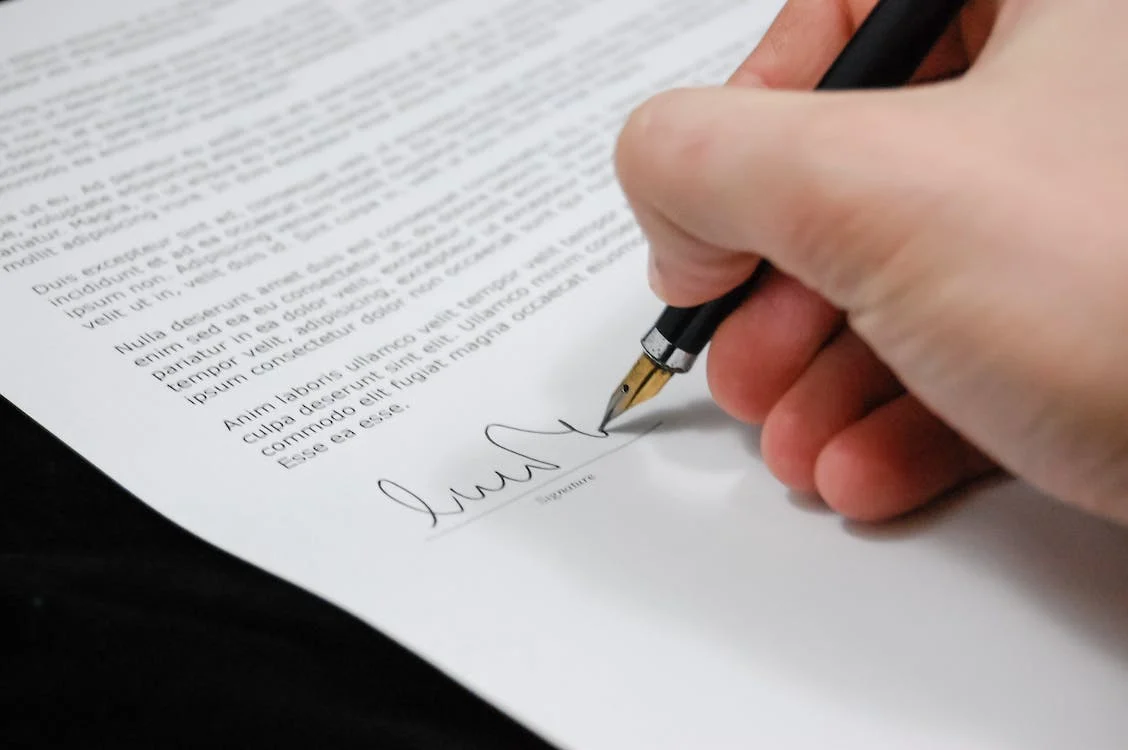As we navigate the complexities of life, legal matters such as wills and power of attorney become crucial. However, for individuals living with dementia, these legal aspects can raise questions about their capacity to make decisions. In this article, we delve into whether a person with dementia can make a will, the role of power of attorney, and other essential considerations.
Can a Person with Dementia Make a Will?
The ability to create a will largely depends on an individual’s mental capacity. Dementia is a progressive condition that affects cognitive functions, including memory and decision-making. As the disease advances, it can impact a person’s capacity to understand the implications of a will fully.
- Early Stages: In the early stages of dementia, when an individual’s cognitive abilities are relatively intact, they may still be capable of making a will. However, it’s crucial to involve legal professionals and medical experts to assess their capacity and ensure the process is conducted correctly.
- Mid to Advanced Stages: As dementia progresses, the ability to create a will may diminish. At this point, it’s essential to prioritise the person’s best interests. If they lack the capacity to understand the will’s implications, it’s generally not advisable to proceed.
The Role of Power of Attorney (POA)
Power of Attorney is a legal document that allows a designated person (the attorney) to make decisions on behalf of someone else (the donor). In the context of dementia, two types of POA are relevant:
- Property and Financial Affairs POA: This allows the attorney to manage the person’s financial matters, including paying bills, selling assets, and making investments. It can be useful in ensuring the individual’s financial well-being, especially if they become incapable of handling their affairs.
- Health and Welfare POA: This grants authority to make decisions about the person’s healthcare, living arrangements, and medical treatments. It can be especially important in making decisions aligned with the individual’s wishes if they can no longer express them.
The Importance of Early Planning
Planning for legal matters related to dementia should ideally occur in the early stages of the condition when the person can still express their wishes and understand the implications. This includes:
- Creating a will: If possible, this should be done with the guidance of legal experts to ensure its validity.
- Appointing a Power of Attorney: Designating a trusted individual to handle financial and healthcare decisions when the person with dementia can no longer do so.
- Advance Care Planning: Discussing preferences for medical care and end-of-life decisions with healthcare professionals and loved ones.
Legal and Medical Assessments
To navigate these legal matters effectively, it’s crucial to involve legal professionals and medical experts. They can assess the person’s capacity and provide guidance on the best course of action. In some cases, the courts may need to become involved, especially if disputes arise over wills or power of attorney.
In conclusion, individuals living with dementia can make a will, but it depends on their cognitive capacity, and early planning is essential. Power of Attorney plays a vital role in ensuring their financial and healthcare needs are met as the disease progresses. Consulting legal and medical professionals is key to making informed decisions that prioritise the well-being and wishes of the person with dementia.






